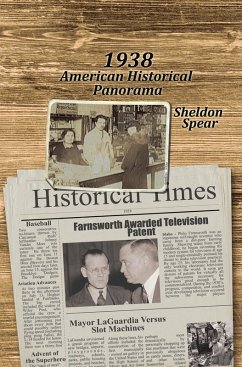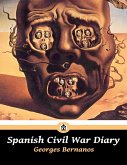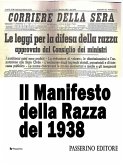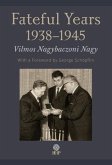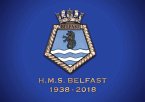Erika Funke, WVIA Senior Producer/Program Host, recommends this book:
"The word "panorama" was introduced in the 1780s by Irish Artist Robert Barker,
derived from Greek roots suggesting "a complete view." Barker hoped the viewer
would "feel as if really on the spot."
In titling his study 1938: American Historical Panorama, Dr. Spear
signals his aim in examining this pivotal year, giving us the "big picture"
but also human stories that allow us to "feel as if really on the spot."
And clarity is a hallmark of his writing. The complex, multilayered
Spanish Civil War is narrated with all its contradictions.
The factions, alliances and consequences are explained with
straightforward comprehensibility, and we feel the suffering of the civilians.
Dr. Spear gives us a strong grounding in a critical year while evoking echoes in our own times. He addresses matters of race, gender, justice and the media
in the big picture and through people's stories, so we feel the impact."
Summary:
Isolationism kept the U. S. out of war, but several thousand left-leaning Americans volunteered to fight in the Spanish Civil. There was also the diversion of a radio "war" as actor-director Orson Welles orchestrated an on-air version of the H. G. Wells 1890s science fiction classic about a Martian invasion of Earth.
Advances in aviation were indeed real, however. The most successful effort belonged to Howard Hughes. Nineteen thirty-eight also marked the advent of the first "superhero," Superman. But the Great Depression was still on-going.
Yet misery in America was not universal. The advent of Swing, pioneered by bandleaders such as Benny Goodman, made the latter thirties a new Jazz Age. And baseball, seemed more exciting than ever. It included the efforts of Detroit's Hank Greenberg to break Babe Ruth's record of sixty homeruns set in 1927.
"The word "panorama" was introduced in the 1780s by Irish Artist Robert Barker,
derived from Greek roots suggesting "a complete view." Barker hoped the viewer
would "feel as if really on the spot."
In titling his study 1938: American Historical Panorama, Dr. Spear
signals his aim in examining this pivotal year, giving us the "big picture"
but also human stories that allow us to "feel as if really on the spot."
And clarity is a hallmark of his writing. The complex, multilayered
Spanish Civil War is narrated with all its contradictions.
The factions, alliances and consequences are explained with
straightforward comprehensibility, and we feel the suffering of the civilians.
Dr. Spear gives us a strong grounding in a critical year while evoking echoes in our own times. He addresses matters of race, gender, justice and the media
in the big picture and through people's stories, so we feel the impact."
Summary:
Isolationism kept the U. S. out of war, but several thousand left-leaning Americans volunteered to fight in the Spanish Civil. There was also the diversion of a radio "war" as actor-director Orson Welles orchestrated an on-air version of the H. G. Wells 1890s science fiction classic about a Martian invasion of Earth.
Advances in aviation were indeed real, however. The most successful effort belonged to Howard Hughes. Nineteen thirty-eight also marked the advent of the first "superhero," Superman. But the Great Depression was still on-going.
Yet misery in America was not universal. The advent of Swing, pioneered by bandleaders such as Benny Goodman, made the latter thirties a new Jazz Age. And baseball, seemed more exciting than ever. It included the efforts of Detroit's Hank Greenberg to break Babe Ruth's record of sixty homeruns set in 1927.
Dieser Download kann aus rechtlichen Gründen nur mit Rechnungsadresse in A, D ausgeliefert werden.

